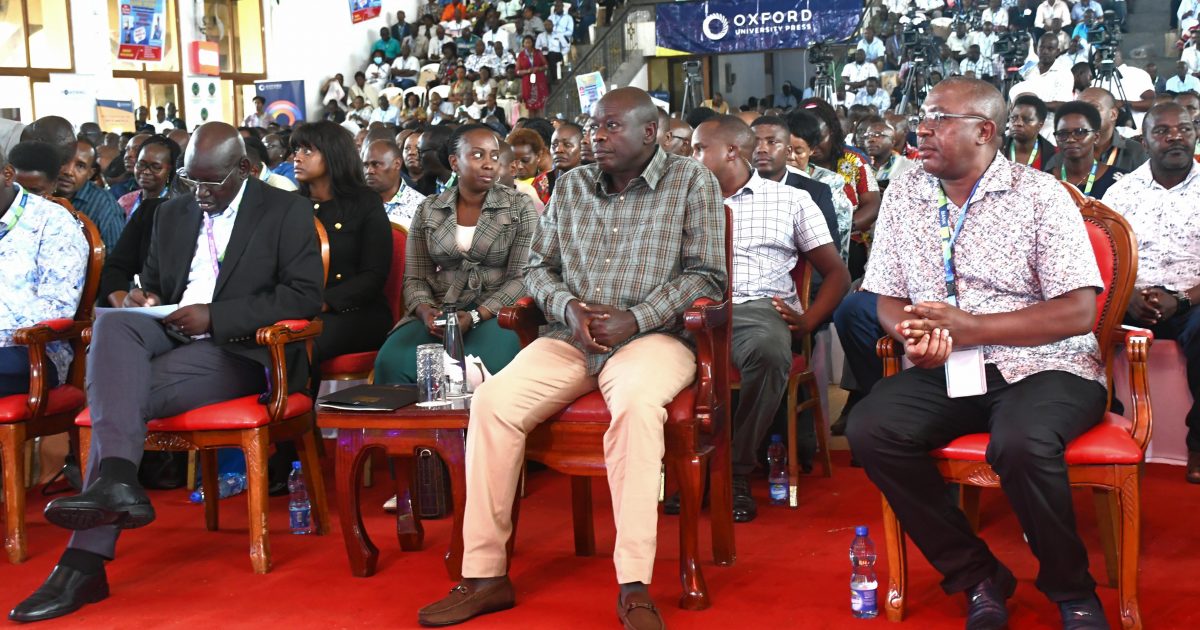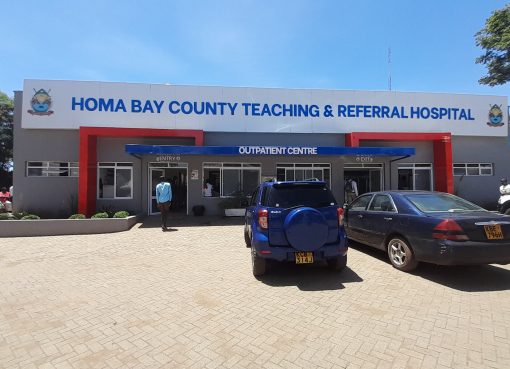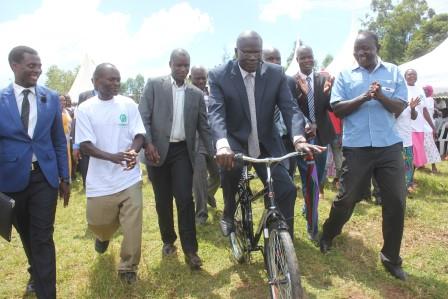The Deputy President, Rigathi Gachagua has applauded the Kenya Secondary Schools Heads Association (KESSHA) for playing a critical role in providing state agencies with valuable information that guides strategic interventions, especially as the implementation of the Competency-Based Curriculum (CBC) is underway.
This collaboration, he said, ensures that the education sector can effectively address emerging challenges and improve the quality of education for secondary school students across Kenya.
Speaking at the 47th Kenya Secondary Schools Heads Association (KESSHA) Annual National Conference, the Deputy President emphasized the importance of flexibility in the education system, noting that significant challenges will arise in the future if the system is not adaptable.
Competence-Based Curriculum (CBC) has been noted to be the best for the coming generations as it is designed to be student-centered, flexible, and inclusive.
“This conference is focused on 3 pathways of the CBC system including social sciences, arts and sports, and science and technology, engineering and mathematics. With a particular focus on the 3 pathways, we want an education that generates job creators and not job seekers,” added the DP.
In addition, the DP said that the government has identified junior secondary and senior secondary schools as a crucial stepping stone of modeling the student in professionally desired ways and hence the government has various representations of the national government in better preparation for the rollout of senior secondary school.
He also highlighted that the government is investing more in expanding Technical and Vocational Education and Training (TVET) institutions across the country to complement universities by providing a seamless transition from secondary schools for students who are firmly established in their chosen pathways.
By increasing the number of TVETs, the government seeks to ensure that students have diverse options for higher education and skills development, aligning with their interests and career goals.
“Since we want the TVETS to deliver, we are set to employ 2,000 more tutors in the 2023/2024 financial year to bridge the capacity gap,” said Gachagua.
Furthermore, he noted that the government has continued to invest in the TVETS because of their potential to create jobs, especially in the formal sector of our economy which employs over 83% of the people.
The Deputy President also observed a moment of silence for the lives lost during the ongoing protests in the country. This comes after protesters were shot dead after storming and setting ablaze the parliament just after MPs passed the financial bill 2024/2025.
The Principal Secretary for Education, Belio Kipsang urged the school heads to look at situations that will allow the younglings to be part of decision-making in a way that they would want to influence the future.
“We do not want them to think that we as adults are influencing their future but that we are guiding them into what they can be and do better for this country and humanity,” he said.
Kipsang declared that the government acknowledges the diverse talents, interests, and aspirations of learners that offer multiple and personalized pathways or roots that give them opportunities to pursue their uniqueness in learning and life and are adaptive to learning.
“As we adapt these pathways, it is important that they are tailored to the learning of individual students,” he added.

Kipsang urged the School Heads to be at the forefront to prepare the young ones to be responsible and accountable for every action they take for the betterment of humanity into the future.
“Let us give our children an opportunity to map and be part of the mapping of the future. I urge all of us that the education and leadership that we provide in our schools should be student-centered, flexible, and inclusive of nurturing all learners’ potential because they are not the same, we have those living with disabilities and require special ways of being taught and dealt with, he said.
He stated that the Competency-Based Curriculum (CBC) emphasizes the acquisition of competencies and skills. Unlike the previous system, which focused on memorization and knowledge retention, the CBC prioritizes the practical application of knowledge. The future of education lies in what students can do with what they know, preparing them for real-world challenges and opportunities
“Pathways ensure that we identify the competency and skills of our learners, map out learning objectives, we create modular learning and activities that we can be able to re-enter. It is age-appropriate. It integrates assessments and checkpoints to monitor learners’ progress,” he said.
He pledged that going into the new year, the government is going to invest heavily in laboratories and science-based learning areas in day schools because they constitute 72 percent of the learning environment in the country.
He addressed the delay in capitation allocation as he pledged that it shall be Sh. 22,000 moving forward.
By Fatma Said




